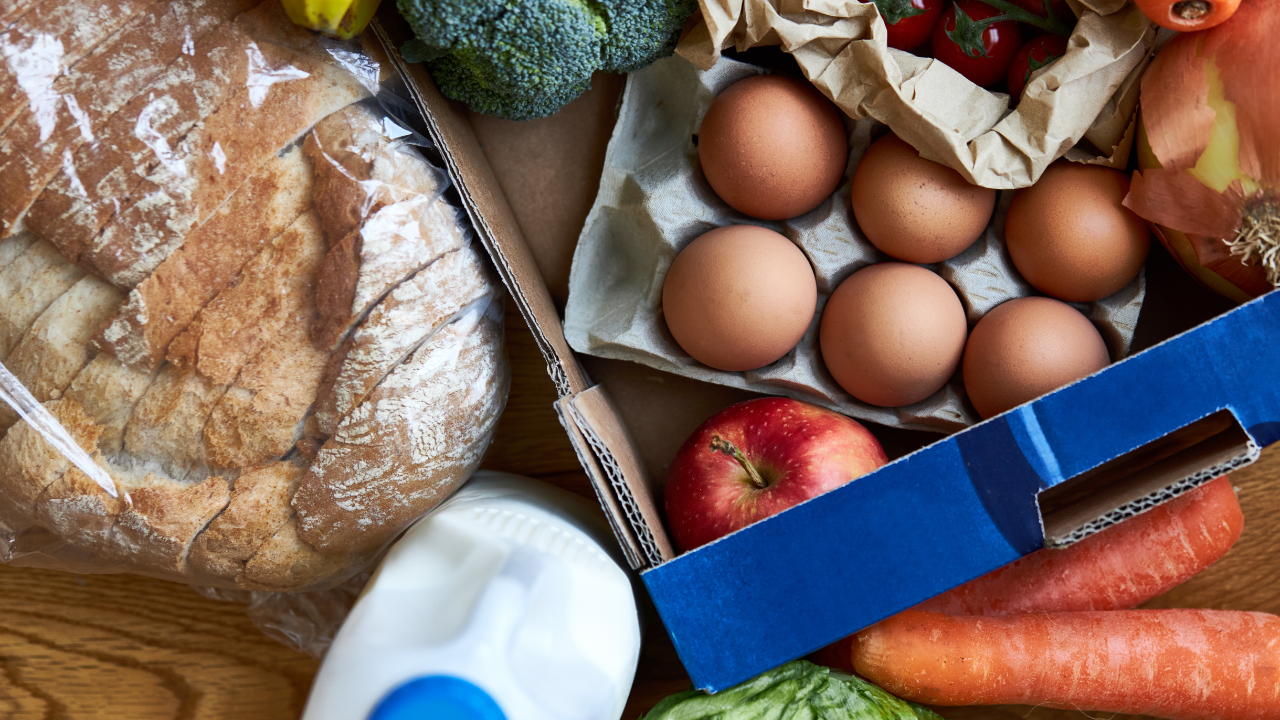Tight food supply by year-end to worsen inflation
A shortage in pork, fish and some vegetables expected by yearend would put upward pressure on prices, but the National Economic and Development Authority (Neda) sees supply being augmented by President Duterte’s order last month extending lower tariffs on various food and energy items.
In a report, the state planning agency said supply of rice this year will reach 2.6 million metric tons or about 68 days worth of stock. This year’s chicken inventory, at 178,100 MT, will exceed national demand for 40 days.
“Highland vegetables will also remain sufficient, with local production at about 1.1 million MT or 151 percent of local demand,” Neda said.
However, lowland vegetables would face a slight shortage as this year’s production estimated at 1.7 million MT would be 5-percent short of demand. Meanwhile, pork supply was expected to incur a 128,400-MT deficit.
“Faster increases in demand for fish are expected to result in a supply deficit. A corn supply deficit of 3.6 million MT is forecast for the marketing year 2021-2022, even after considering alternative feed supplies such as cassava,” Neda added.
But Neda was optimistic that Executive Order No. 171 signed by Mr. Duterte in May, which extended and lowered the import tariffs slapped on corn, pork, rice as well as coal, would jack up domestic supply through an influx in imports.
“The tariff adjustments will facilitate the diversification of import sources for these products,” Neda said, adding that “timely unloading of pork stocks from cold storage is also necessary.”
The Neda also urged the Department of Agriculture’s (DA) Bureau of Animal Industry to better monitor and contain diseases like the African swine fever as well as avian influenza or bird flu.
As for fish, Neda noted that the DA also last month issued an additional certificate of necessity to import (CNI) with a maximum importable volume of 38,695 MT.
“Amid the low utilization of the CNI in the first quarter of 2022, there is a need to consider expanding the list of eligible importers, which are currently limited to members of the commercial fishing sector and fisheries associations and cooperatives. Moreover, the DA may continue pursuing the removal of the CNI requirement for the importation of fish for wet markets,” Neda said.
“The DA’s Bureau of Fisheries and Aquatic Resources may also intensify measures to boost fish production. These interventions include the establishment of legislated fish hatcheries and demonstration farms, provision of better-equipped fishing vessels to fisherfolk associations, and capacity building on the use of environment-friendly fishing gears,” Neda added.
The Neda said the government was also addressing agri-fishery smuggling, which was “distorting” local supply, by strengthening border controls and protection, conducting surprise inspections, as well as intensifying economic intelligence gathering.
For the long term, Neda was pushing for the passage of the livestock development and competitiveness bill in order to modernize the country’s corn, livestock, and poultry sectors.
“Among the major provisions of the livestock development and competitiveness bill is the updating of the corn industry roadmap, along with the establishment of competitiveness enhancement funds for the livestock value chain,” Neda noted.

